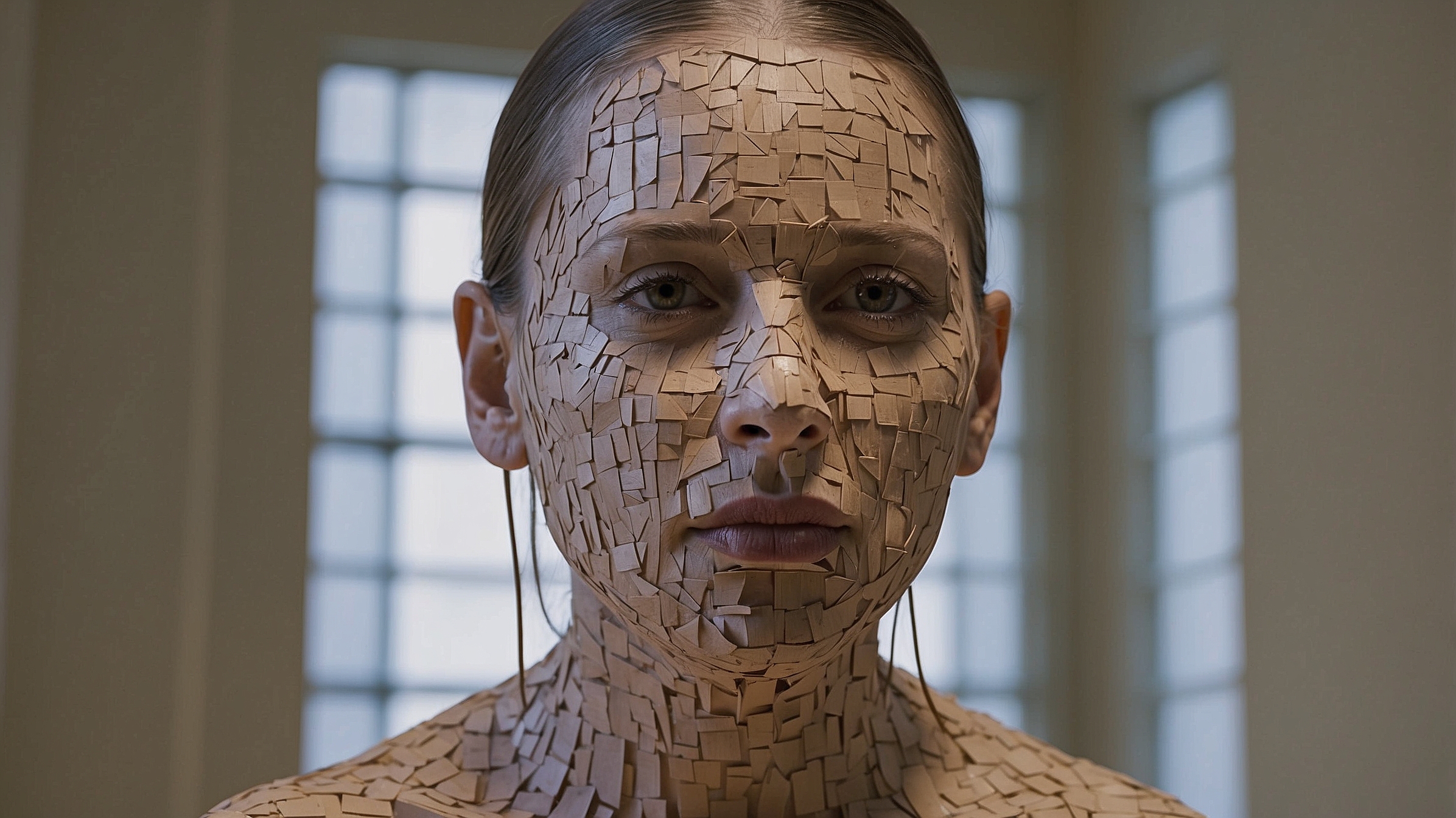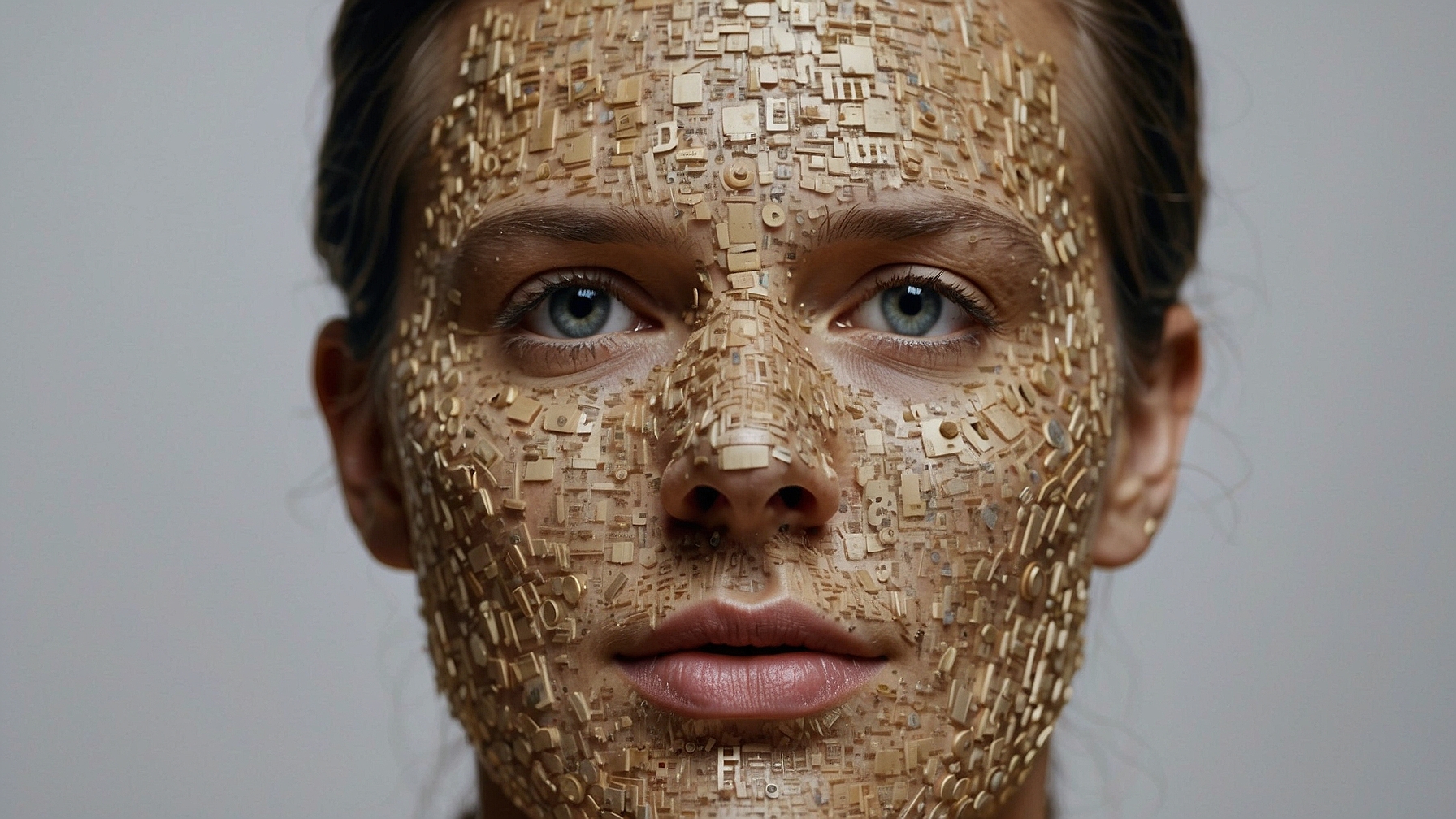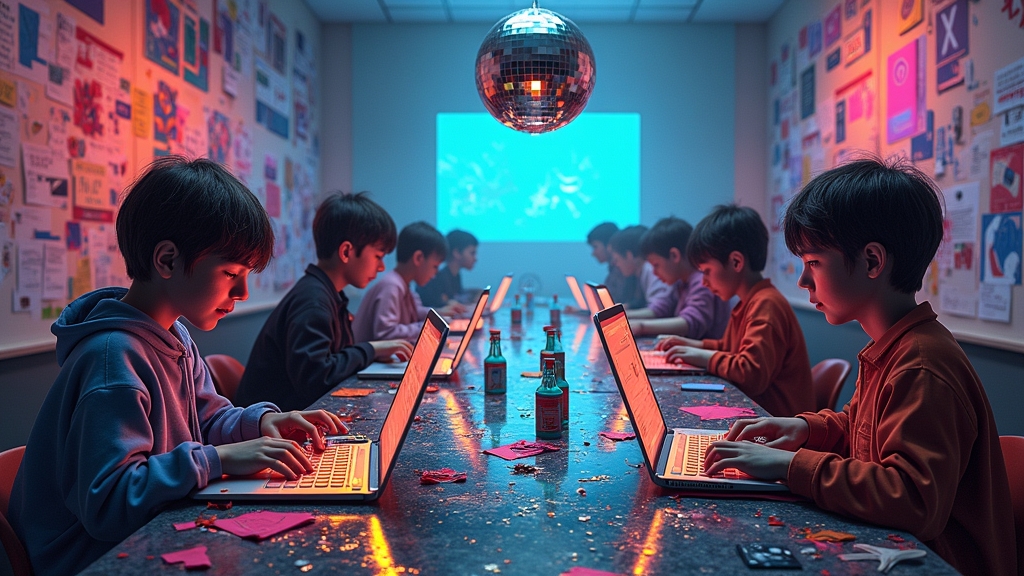Britain Suggests Artists Might As Well Just Hand Over Their Souls to Robots, Receives Miffed Glances from Creative Community
In a groundbreaking development that no one really asked for, the UK government has proposed a revolutionary new policy allowing tech companies to let their algorithms feast on the intellectual property of writers, musicians, and artists alike. Within this radical vision lies the possibility for Britain’s creatives to “opt-out.” You know, just like how you always remember to unsubscribe from those exciting promotional emails.
The proposal, which appears to have been drafted by a committee of sentient toaster ovens, has left many in the creative community feeling “very disappointed.” Beeban Kidron, a crossbench peer and campaigner who occasionally mistakes dystopian films for documentaries, expressed her dismay at such a progressive move in cultural cannibalism.
“It’s a brave new world,” quipped government spokesman Art Fader, powered exclusively by buzzwords and a vague sense of impending doom. “Why should artists worry about royalties and recognition when they have the privilege of knowing their creations will enrich the digital masterpieces composed by their robot overlords?”
Book publishers have been quick to point out the lack of evidence supporting this decision. “The whole thing is entirely untested and unevidenced,” remarked Hardee Bound, a spokesperson for the Guild of Publishers Who Occasionally Make Sense. “Our research shows very few artists enjoy the idea of their life’s work being mashed up into a hideous quilt of ones and zeroes.”
As tech giants like OpenAI and Google subtly begin salivating in anticipation, creative professionals are left to weigh their options. “I mean, do I really have to ‘opt-out’ to ensure my work isn’t digested by a circuit board?” mused abstract painter Floretta Scribble. “It’s almost like they expect me to do yoga with my spine at this point.”
Meanwhile, across the UK’s creative landscape, the mood remains one of sudden existential crisis peppered with a dash of resignation. Perhaps the prospect of fending off digital vultures is just too delightful a concern to add to their already modest list of worries: like paying rent or affording a weekly pass at the local petting zoo.
As the consultation process progresses, the creative minds of Britain eagerly await the government’s next step in their master plan: perhaps mandatory microchips for artists to streamline the extraction of their creativity. Stay tuned for more developments as this marvelously futuristic debacle unfolds.




